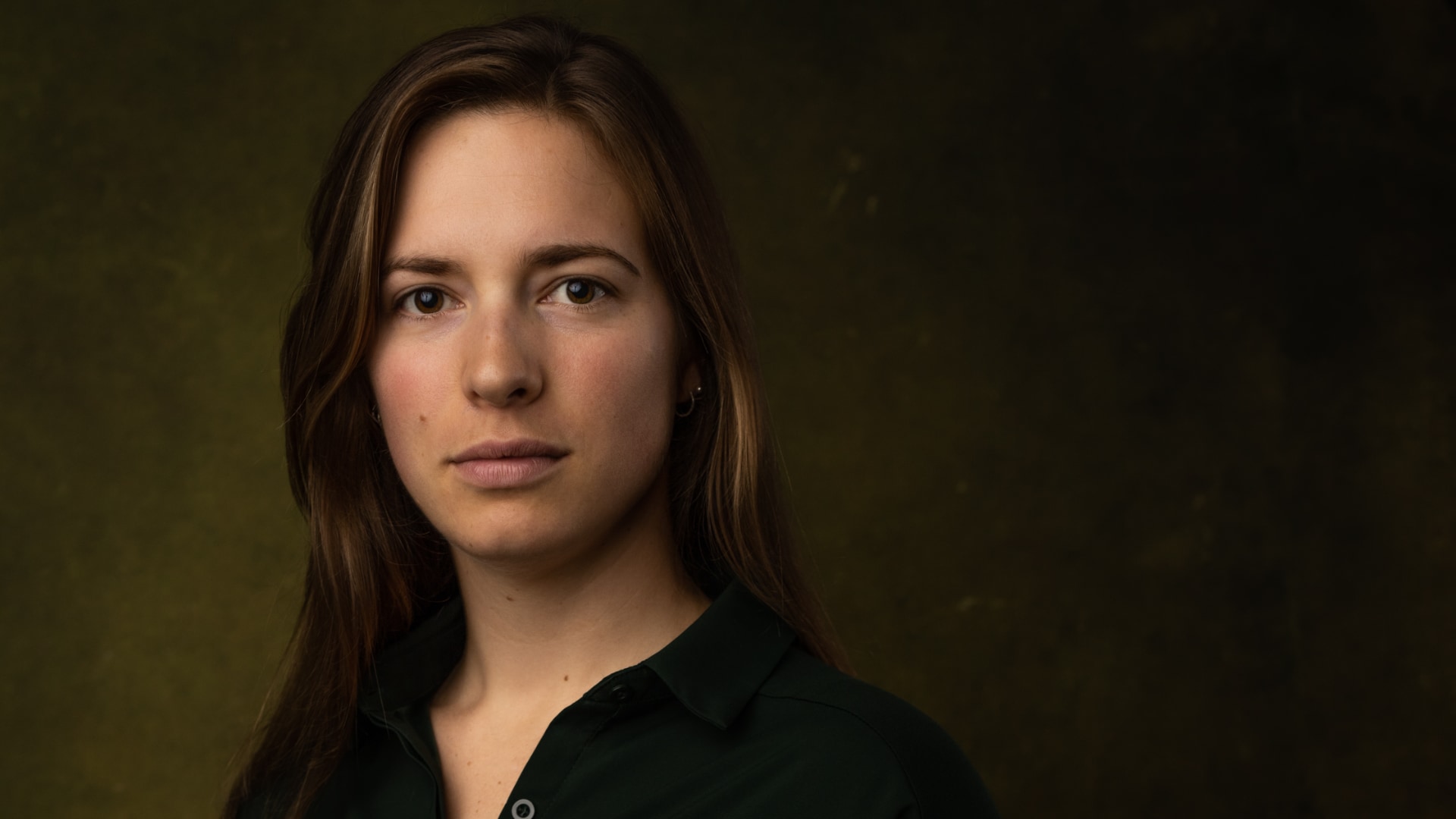In the past week, a lot has happened, and we have chosen to focus on three news: Microsoft has just announced Copilot in Windows and has set a date on when the Office suite (which has changed its name to Microsoft 365) will be launched, and the University of Oslo has released their language model. In addition, we focus on OpenAI's new version of DALL-E, where ChatGPT is mixed with image generation.
Microsoft announces Copilot in Windows
On Thursday, September 21, Microsoft announced their AI system, called "Copilot," that will be integrated into several applications in Windows 11. The free update, coming September 26, gives access to a virtual intelligent personal assistant that can, among other things, write text, summarize content, or generate images.
Microsoft has developed the program Designer for graphic productions, which builds on OpenAI's DALL-E, version 3. Designers can expand an image beyond its original boundaries, add or remove objects or backgrounds, and perform various other graphic tasks. In addition, the user now has access to Designer in Word, which can analyze the content of the text and make suggestions for new visual elements.
Below, you can taste the possibilities of Microsoft Designer in Word.
We think that the announcement is exciting from a teaching point of view, as many aspects of learning also include competencies in in-house content production and a dedicated effort. Microsoft itself writes:
"Copilot in Windows (in preview) allows you to create faster, complete tasks with ease and lessens your cognitive load — making once-complicated tasks simple," writes Yusuf Mehdi, CVP and Consumer Chief Marketing Officer at Microsoft
However, the program can also allow for more focused and productive learning, with Copilot helping students learn and master complex tasks faster and more efficiently.
Microsoft has also set a date for the launch of the Office suite with built-in AI, and on November 1, Microsoft will release their "Microsoft 365 Copilot" to individual enterprise customers. It will cost up to $30 (approx. DKK 210) per user monthly.
As soon as Copilot and Microsoft 365 Copilot become available and we gain access, we will write a series of articles on Viden.AI.

GPT UiO - ChatGPT at Norwegian University
The University of Oslo publishes GPT UiO, an edition of OpenAI's ChatGPT version 3.5, focused on security and privacy, and available to all staff and students at the university. The service is based on the same structure as chat.viden.ai and is hosted on European servers. Data on user information is only stored on the university's server in Blindern.
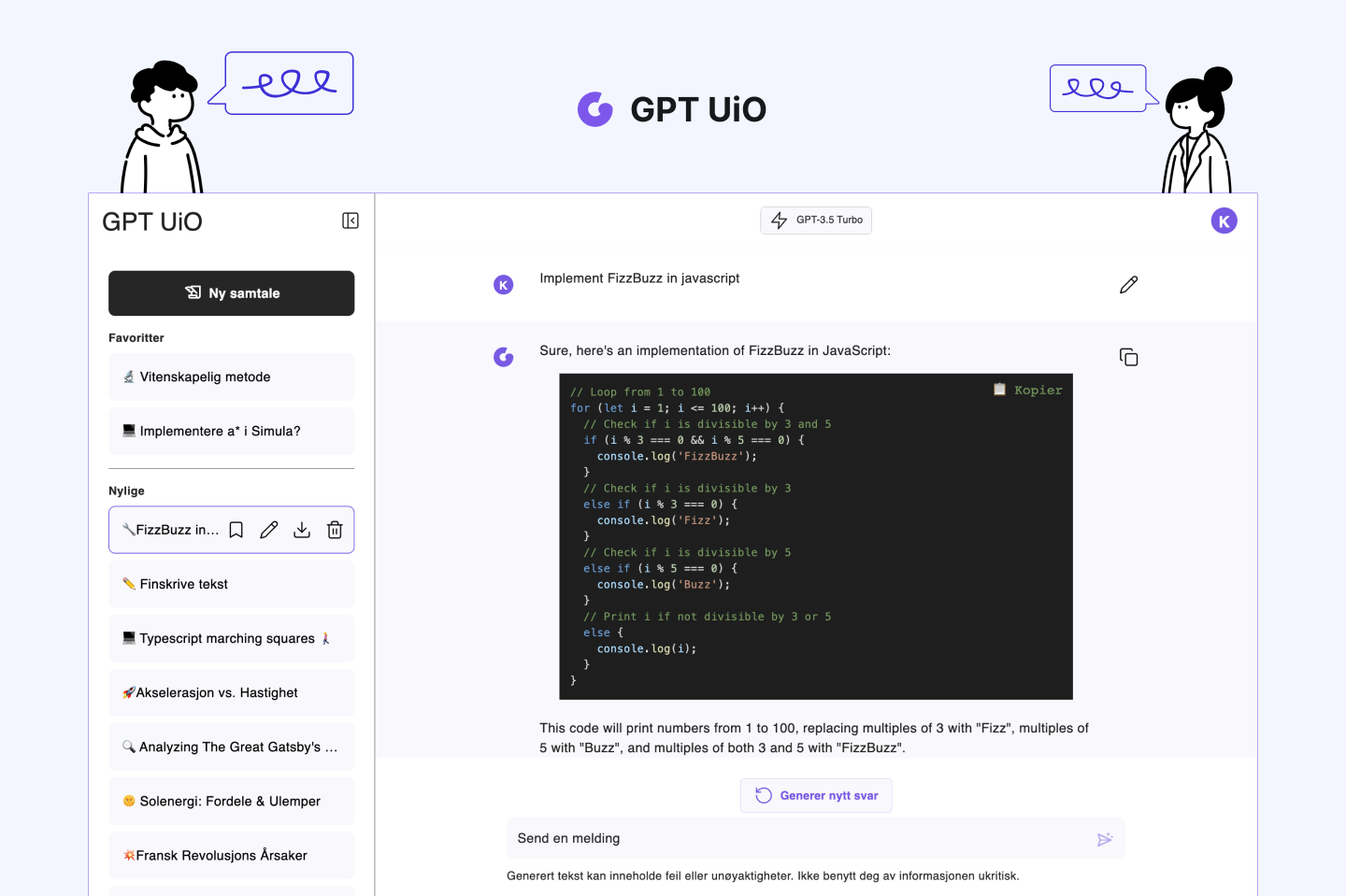
Thus, staff and students at the university can use a language model for research, writing, and study methods, and at the same time, it is possible to include the language model in teaching.
The university has classified what data and information you can enter into the system (yellow and green data), and here, they allow staff and students to enter unpublished research data, internal working documents, exam answers, and personal data.
If you want to read more about the solution, Universitetsavisa has interviewed Dagfinn Bergsager, Head of Section for Web Development at UiO. Read the interview below:
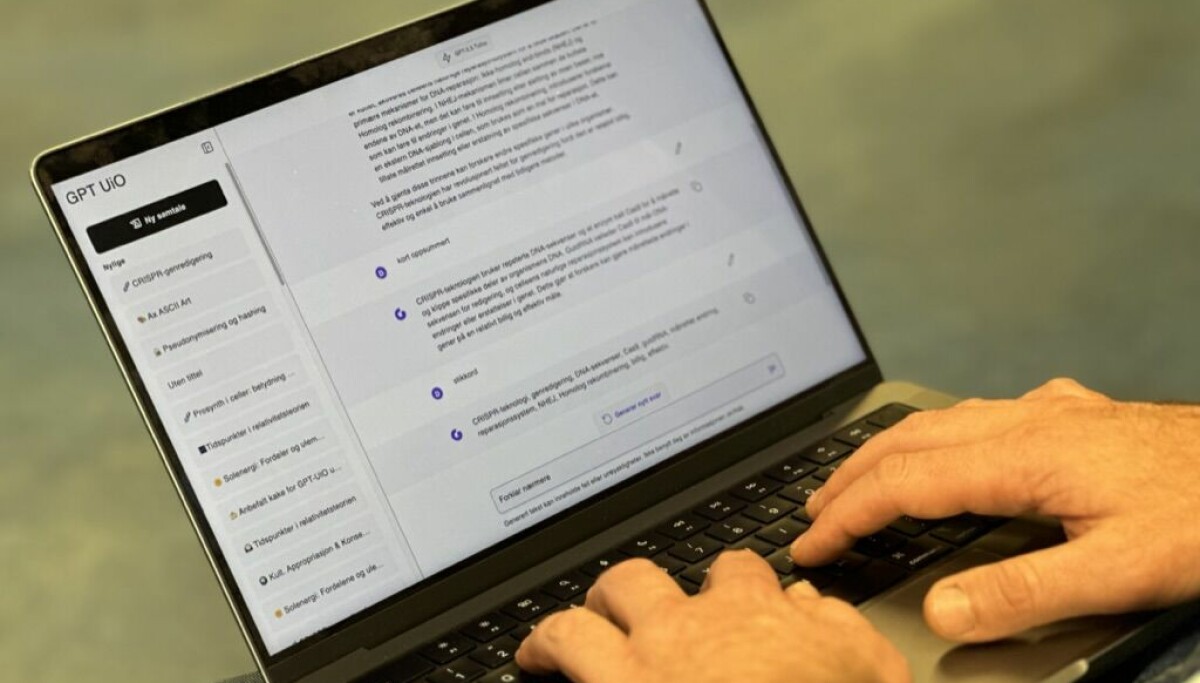
DALL-E 3 - From Text to Images
OpenAI has announced a third version of generative AI that turns text into images. In the new version, which will launch in October, OpenAI lets DALL-E 3 interact with ChatGPT. Thus, ChatGPT changes character and becomes a multimodal tool, where the user only needs to be prompted to generate text and images. At the same time, users are helped to write good prompts for photos, which is quite extensive in MidJourney. OpenAI itself notes: "No hacks or prompt engineering required".
When DALL-E 3 is launched, we will write an article on Viden.AI and explore how it can be used in teaching.
Below is the video from OpenAI showing what DALL-E 3 can do:
New writers on Viden.AI
We have two new authors on the site, and their focus will mainly be on the primary school area.

Niels Kristian Beck is a trained teacher with a diploma in special education and cand.pæd. He holds a PhD in IT didactic design and works as a teaching assistant at AU and a special class teacher within the autism spectrum. Niels is particularly interested in the possibilities and limitations of the use of technology and the ethical challenges that technology brings. He is interested in how we can equip teachers to handle teaching that enables students to be critically reflective of the use of generative AI and use technological tools in an ethically responsible way that can enhance their learning.
Christian Strøm Lau is 39 years old, a teacher, and cand.pæd. in IT didactic design. Christian is particularly interested in the current and potential ethical challenges we face with the advent of commercial generative AI like Niels Christian is also interested in how we can educate teachers and students to use generative AI both responsibly and critically and with increased learning as a consequence.
Niels and Christian have developed itdidak.dk in connection with their master's thesis, and here, they focus on creating a platform for teachers seeking knowledge about the use of generative AI in teaching.
Read also their first article on Viden.AI here:
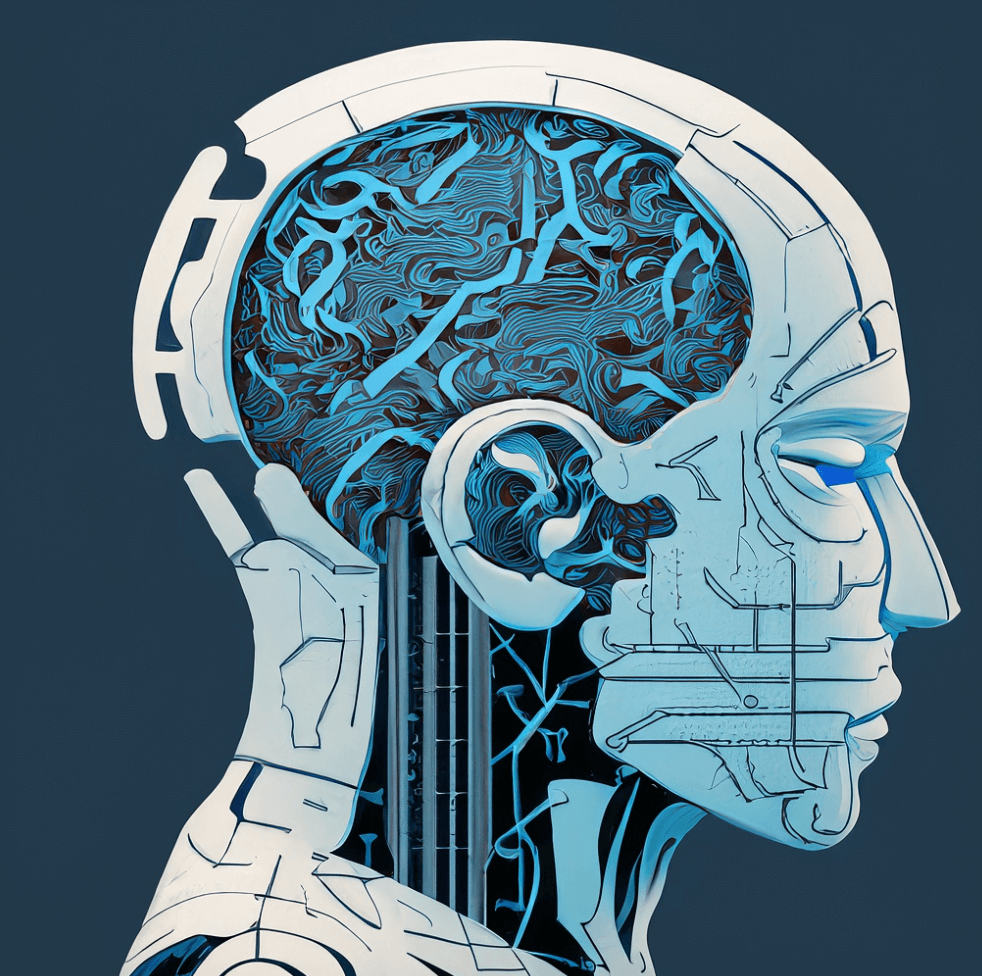
News

Bag betalingsmur






.png)

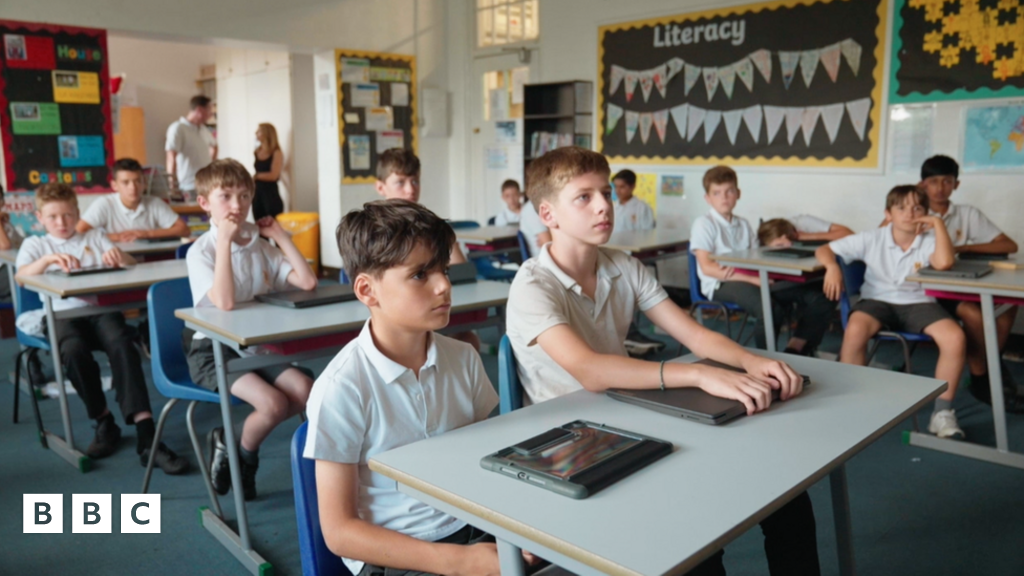
Scientific Articles
In our research, we frequently encounter new scientific articles, and we would like to highlight the most interesting ones.
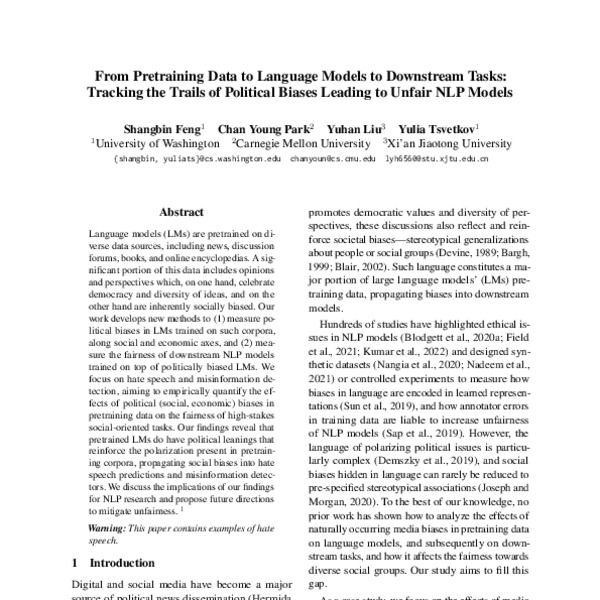

This Week's Recommendation
Last week, our recommendation was to read Inga Strümke's book, "Maskiner der tænker" If you're unsure about whether to invest time in the book, you can start by listening to René Hjerting's excellent podcast, where he interviews Inga Strümke.
